Tatarstan insists on a two-tier model of local government
The State Duma has adopted amendments of the State Council on the right of regions to decide what kind of local government should be
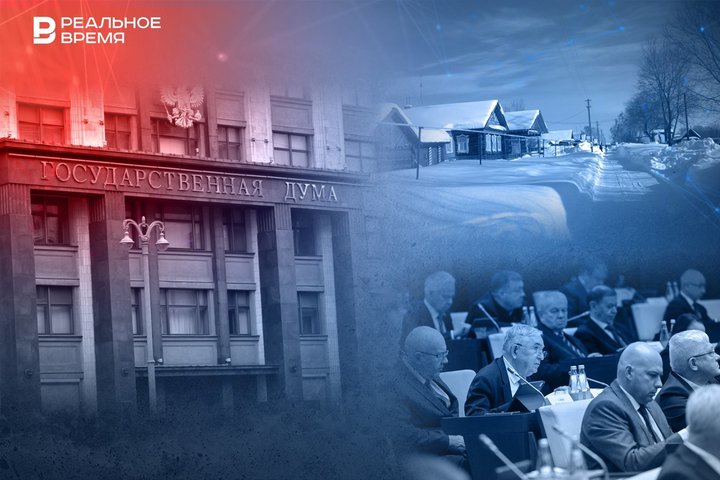
The State Duma has adopted in the second reading a bill on a new model of local self-government with amendments insisted on by Tatarstan parliamentarians. Thanks to the republic's persistence, Russian regions will now be able to choose for themselves between the single-tier system of local self-government initially proposed by the legislators in an uncontested manner and the usual two-tier one. The decisive arguments in favour of preserving local government, the advantages of a “variable” approach and broad rights of the subjects of the Federation in this matter, and the prospects for the development of local self-government are described in the material of Realnoe Vremya.
The voice of dissent
The State Duma has adopted in the second reading the draft law “On the general principles of the organisation of local self-government in the unified system of public authority” with amendments insisted on by Tatarstan parliamentarians. They expressed their disagreement with a number of provisions of the document unequivocally. Tatarstan has prepared 54 amendments to the draft law, 25 of which were aimed at supporting two-level management of local authorities, primarily settlements.
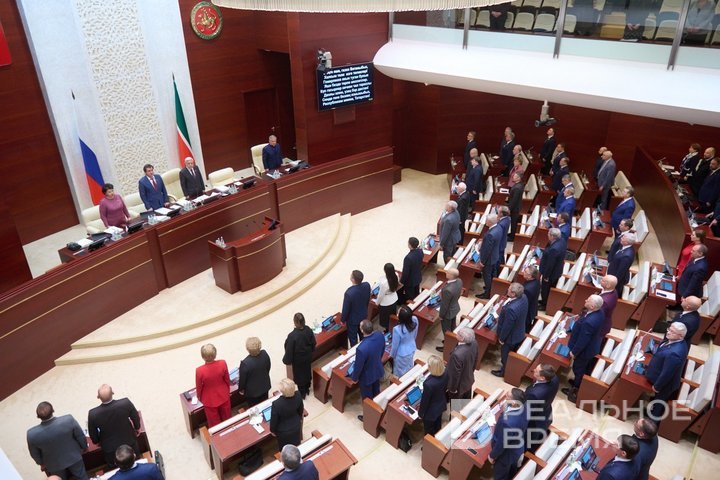
The prospect of a redistribution of powers between the subjects of the Russian Federation and municipalities and the transition to a single-tier system of local government caused a debate in the State Duma, so serious that a meeting of the working group to prepare for the second reading of the new version of the law in November 2024 was held in a closed mode from the media. By this time, 20 subjects of the Russian Federation had already switched to a single-level system of local self-government, where relevant regional laws had been approved. Due to the position of the dissenters, and first of all Tatarstan, it was decided to postpone the final transition to a single-tier system for 10 years — until February 1, 2035, but the proposed compromise did not lead to an agreement.
As a result, in the second reading, amendments were made to the bill, excluding the non-alternative transition of the regions of Russia to a single-tier system of self-government. Part 16 of article 22 of the draft law, which stated: “The structure of the local administration of an urban district or municipal district, as a rule, includes territorial bodies of local administration," was supplemented with the phrase: “The criteria for the formation of territorial bodies of local administration are established by the law of the subject of the Russian Federation.”
If adopted, the new law on the principles of local self-government will become effective 90 days after publication, and the regions must adopt their own laws regulating the organisation of local self-government by January 1, 2027.
“This is necessary to ensure the proximity of the municipal government to the people”
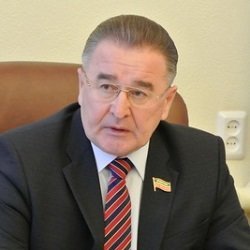
Eduard Sharafiev, a deputy of the State Council of Tatarstan, told Realnoe Vremya that this was exactly the result Tatarstan was seeking:
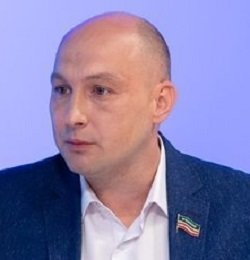
He noted that the right of regions to independently choose the system of organisation of local self-government is primarily necessary to ensure maximum proximity of municipal authorities to the people.
Eduard Sharafiev worked as the head of the Oktyabrsky rural settlement of the Zelenodolsk district of the Republic of Tatarstan for two years and was a municipal deputy for 7 years. Commenting on the amendments to the bill, he referred to this experience:
“I know how necessary and important this work is at the local level. There is nothing closer to the population than the authorities of rural settlements — the head, the local administration, local deputies. They may not always be able to solve all the problems and issues, there is not always enough budget at the local level, but these are the people who live on this land, manage these territories and do everything to ensure that municipalities develop and prosper, defend their interests, come up with legislative initiatives, convey their needs, aspirations and desires to the republican level. Therefore, it is a necessary and important system, it is an element of great public power.”
Tatarstan State Duma deputy Airat Farrakhov told Realnoe Vremya that he was completely satisfied with the results of the second reading of the draft law on local self-government:
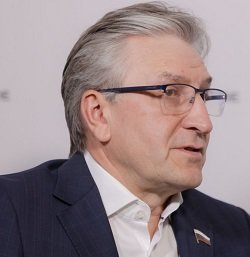
He stressed that now in some regions the rural population is decreasing rapidly, in others more slowly, and the decision on the organisation of local self-government will be made everywhere based on the specific situation, but in any case “not so that it is beneficial or convenient for the authorities, but for the people”:
“This particular issue is very systemic and very fundamental! Local self-government is primarily a tool for expressing people's will and for building trust in government. Each region has its own characteristics, its own territory, and based on this, subjects will be able to choose their own model. Therefore, this is an absolutely correct, rational approach for everyone!”
“One can't manage using a single template”
The draft law “On the general principles of organising local self-government in a unified system of public authority” was submitted to the State Duma in December 2021, and its discussion was very difficult. And initially it was perceived in Tatarstan with great caution. At first, the head of the republic, Rustam Minnikhanov, called for supporting the bill, not entering into discussions, but making his wishes and suggestions during the discussion. He also added:
“By and large, this should have happened (the transition to a single-tier system of local self-government — editor's note). This is absurd — there is no two-tier municipality system anywhere in the world. It is clear that all this will require some kind of action. I wouldn't say that our local government system doesn't work today, but it is very complex.”
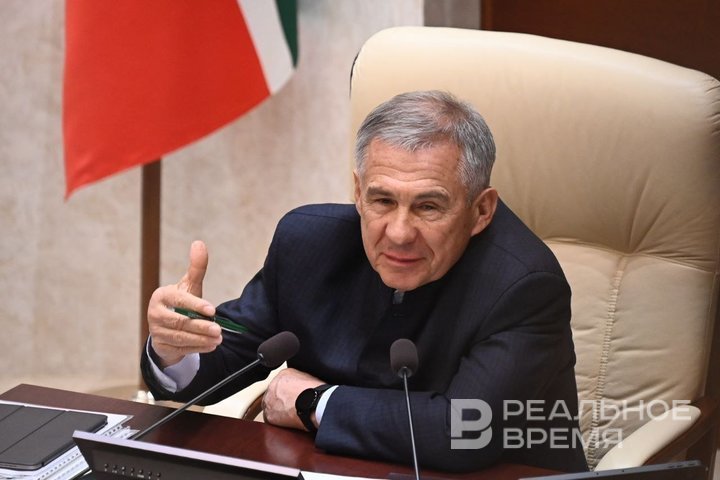
However, three years later, Rustam Minnikhanov already unequivocally advocated the inclusion in the new law on local self-government of the possibility of using both two-tier and single-tier systems. And as proof of the reasonableness of maintaining municipal authority in the field, he cited his own experience:
“I have worked in different positions in three municipalities. I have always relied on the opinion of the village council. If you want to work with the public, there is no other way.”
The rais of the republic has repeatedly stressed that Russia is a huge country and “it is impossible to manage one template in all its territories”. Tatarstan parliamentarians have repeatedly stressed the reasonableness of choosing a two-tier model of local self-government, based on that today there are 956 municipalities in the republic, including 872 rural and 39 urban settlements, 43 municipal districts, 2 urban districts with more than 7,600 deputies of representative bodies, 914 heads of municipalities, 6,700 municipal employees and 463 local councils.